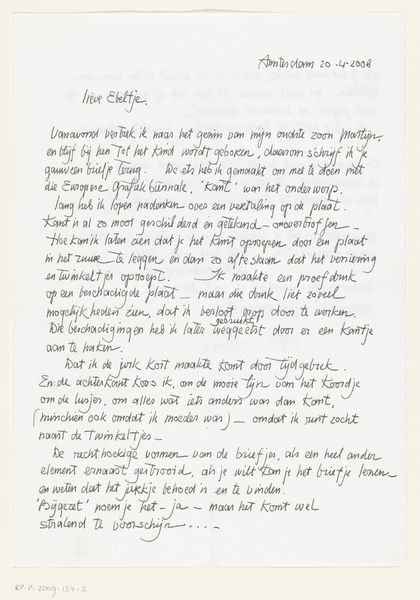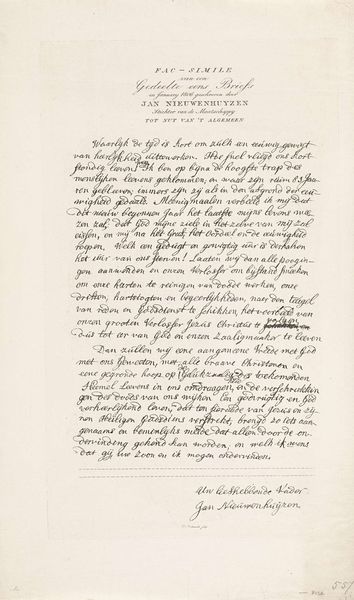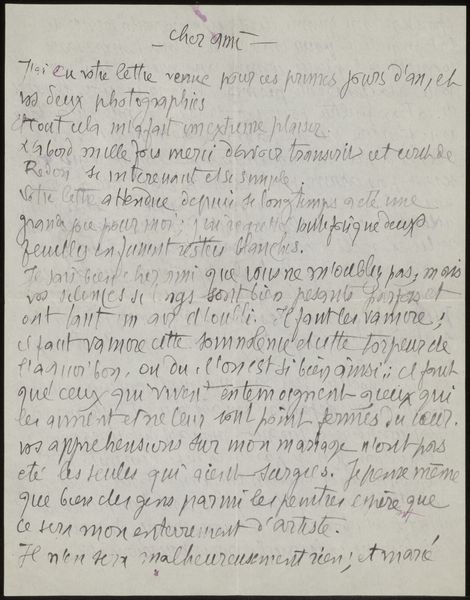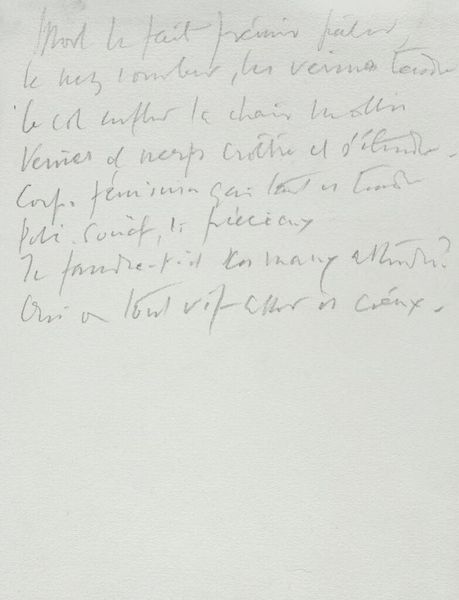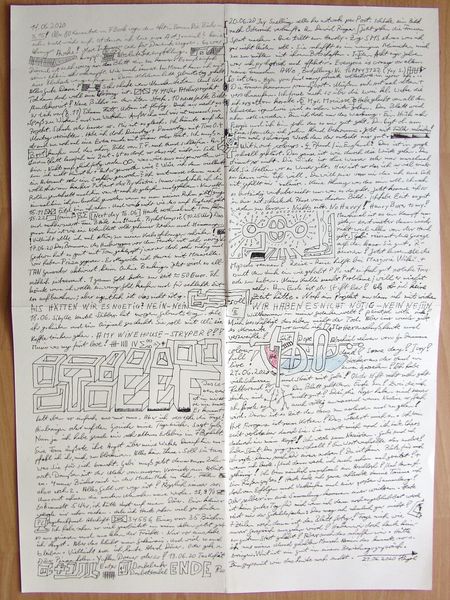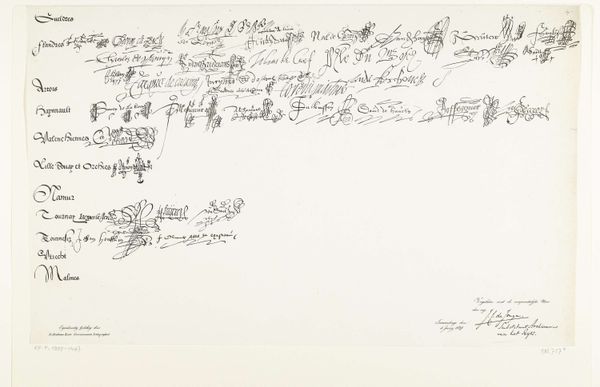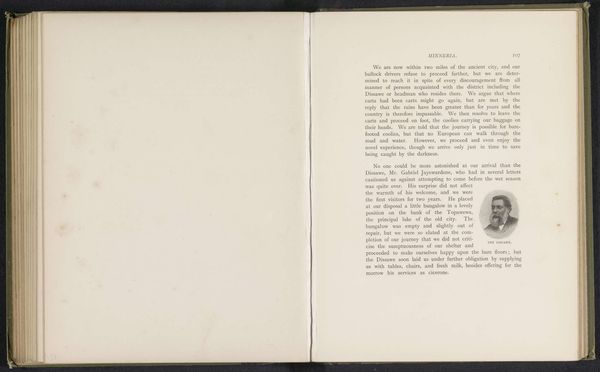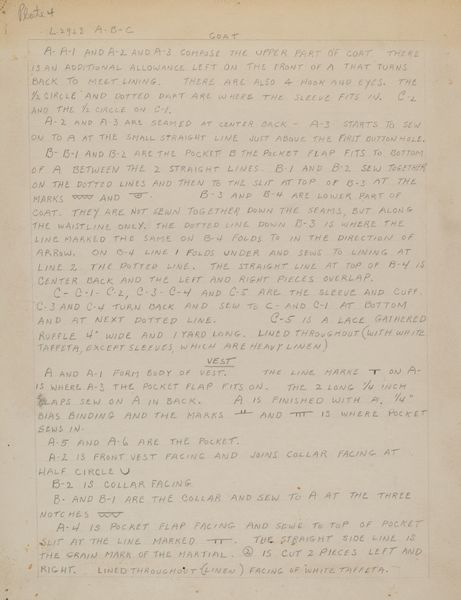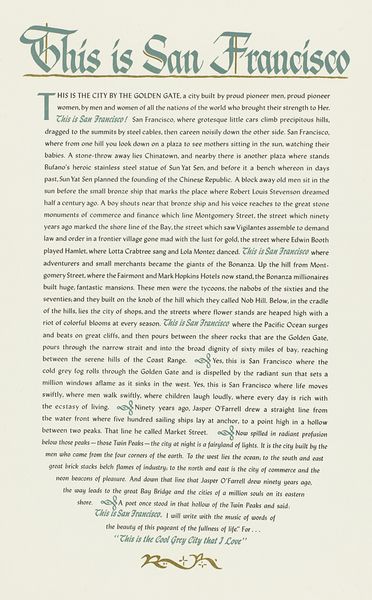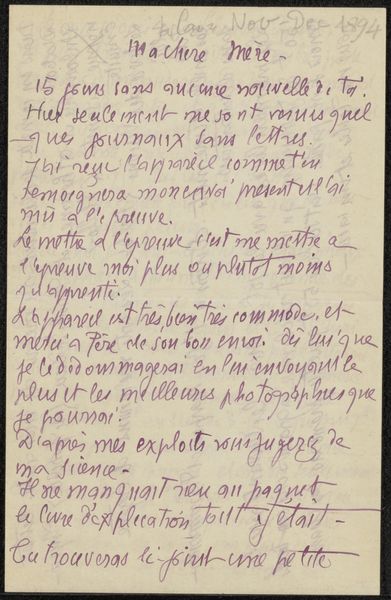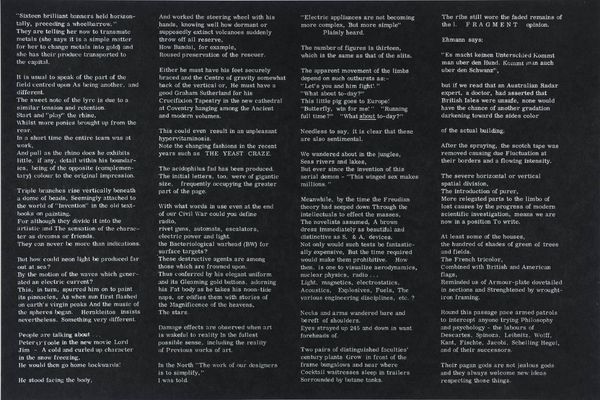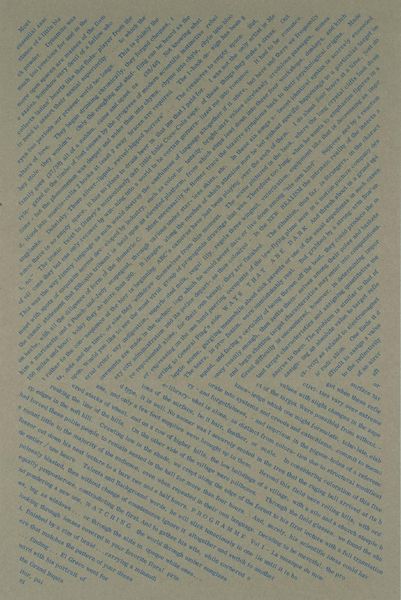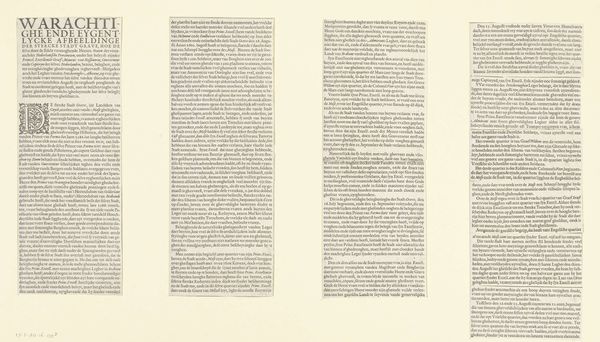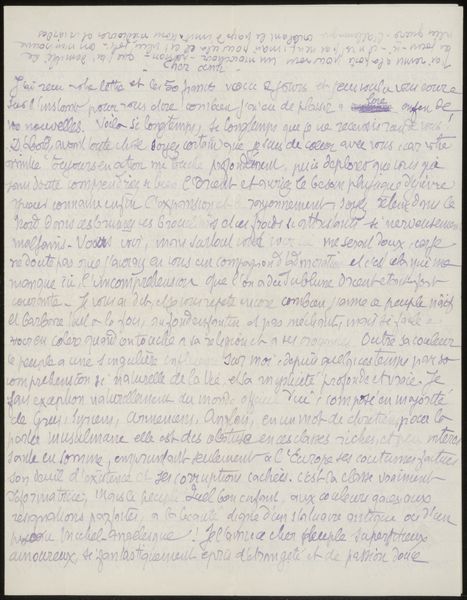![[no title] by Tracey Emin](/_next/image?url=https%3A%2F%2Fd2w8kbdekdi1gv.cloudfront.net%2FeyJidWNrZXQiOiAiYXJ0ZXJhLWltYWdlcy1idWNrZXQiLCAia2V5IjogImFydHdvcmtzL2YxOGEzNjM2LTZiNWQtNDNmNS1hMTllLTFkYjQ0MmRmMzE3Yi9mMThhMzYzNi02YjVkLTQzZjUtYTE5ZS0xZGI0NDJkZjMxN2JfZnVsbC5qcGciLCAiZWRpdHMiOiB7InJlc2l6ZSI6IHsid2lkdGgiOiAxOTIwLCAiaGVpZ2h0IjogMTkyMCwgImZpdCI6ICJpbnNpZGUifX19&w=3840&q=75)
Dimensions: image: 612 x 470 mm
Copyright: © Tracey Emin | CC-BY-NC-ND 4.0 DEED, Photo: Tate
Curator: This piece, a text-based work by Tracey Emin, appears to be an intensely personal narrative. The handwritten text emphasizes the labor of writing and the physicality of mark-making. What strikes you about the process of its creation? Editor: Well, the sheer amount of text is striking. It's almost overwhelming, like a stream of consciousness poured onto the page. How does the act of writing itself contribute to the meaning here? Curator: Consider the materials. It's just ink on paper, readily available, inexpensive. Emin uses this accessible medium to convey intimate thoughts, challenging the traditional value placed on expensive materials in art. The repetition and density create a visual weight, almost a burden, mirroring the emotional weight of the story. Editor: I see what you mean. It's like the physical act of writing becomes a performance, a way of working through those emotions. So, the process is as important as the content? Curator: Absolutely. The content is inseparable from the process. Emin uses the means of production – her hand, a pen, simple paper – to directly communicate raw experiences. This blurs the lines between art and personal expression, questioning what constitutes "high art." Editor: That makes sense. It's not about a perfectly rendered image, but about the immediate, unfiltered expression of the artist. I didn't consider the materials in that context. Curator: Exactly. By focusing on the materials and process, we gain a deeper understanding of the work’s meaning and its challenge to conventional art world values.
Comments
Join the conversation
Join millions of artists and users on Artera today and experience the ultimate creative platform.
tate 9 months ago
⋮
Other Men’s Flowers is a portfolio of text-based prints by fifteen London artists curated by Joshua Compston (1970-96). It was printed by Thomas Shaw and Simon Redington and published by Charles Booth-Clibborn under his imprint, The Paragon Press. Compston took the title, Other Men’s Flowers, from an anthology of wartime poetry compiled by Field-Marshal Viscount Wavell (1883-1950) of the same title (published 1944). Wavell had derived the phrase from a well-known quotation attributed to French moralist Montaigne (Michel Eyquem de Montaigne, 1533-92), ‘I have gathered a posie of other men’s flowers and nothing but the thread which binds them is my own’ (quoted in Cooper, p.115). Montaigne’s original sentence, published in his Essais (Essays) in 1580, provided an apparently modest disclaimer, anticipating criticism of the originality of his ideas. For Compston, it provided an apt poetic metaphor for the role of the curator. Other Men’s Flowers was launched at a party on 23 June 1994 in a derelict sawmill close to Hoxton Square, East London, a centre for young British artists at that time. Compston wrote in his press release:
